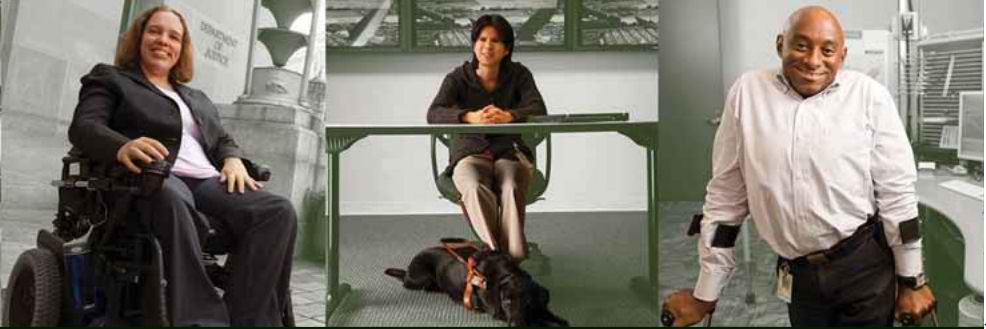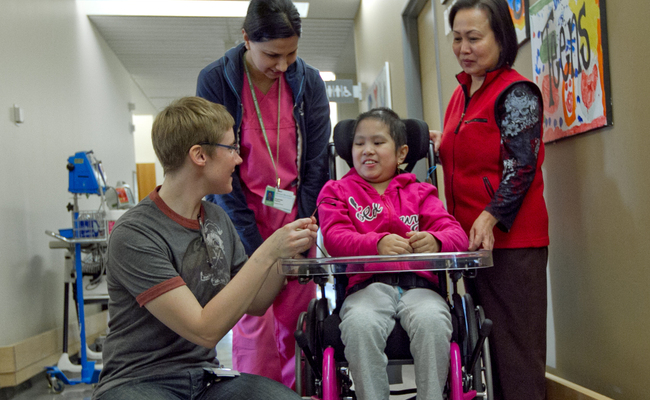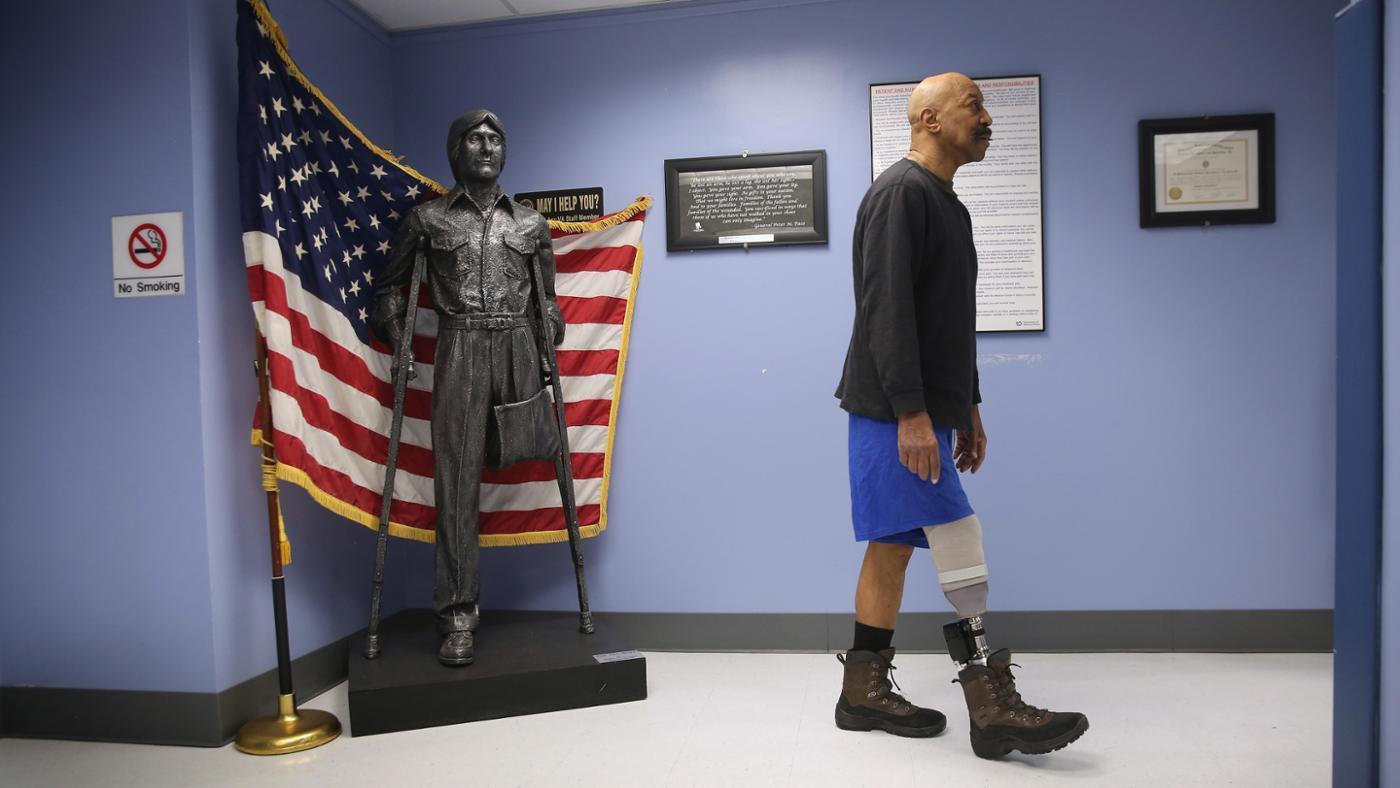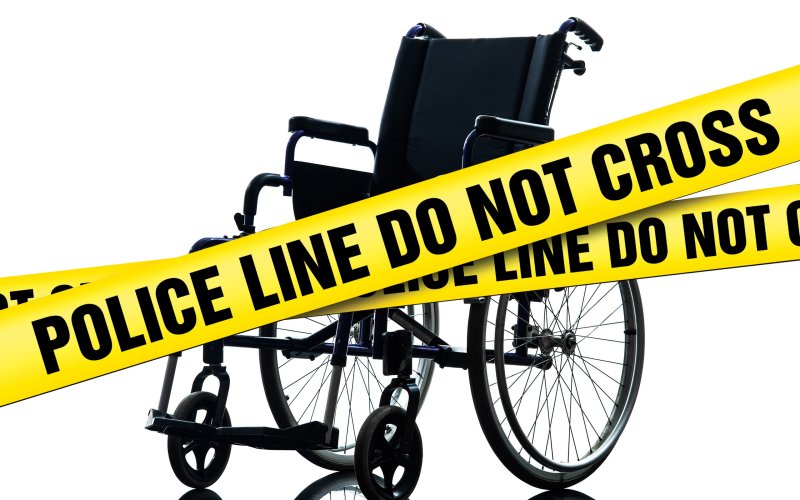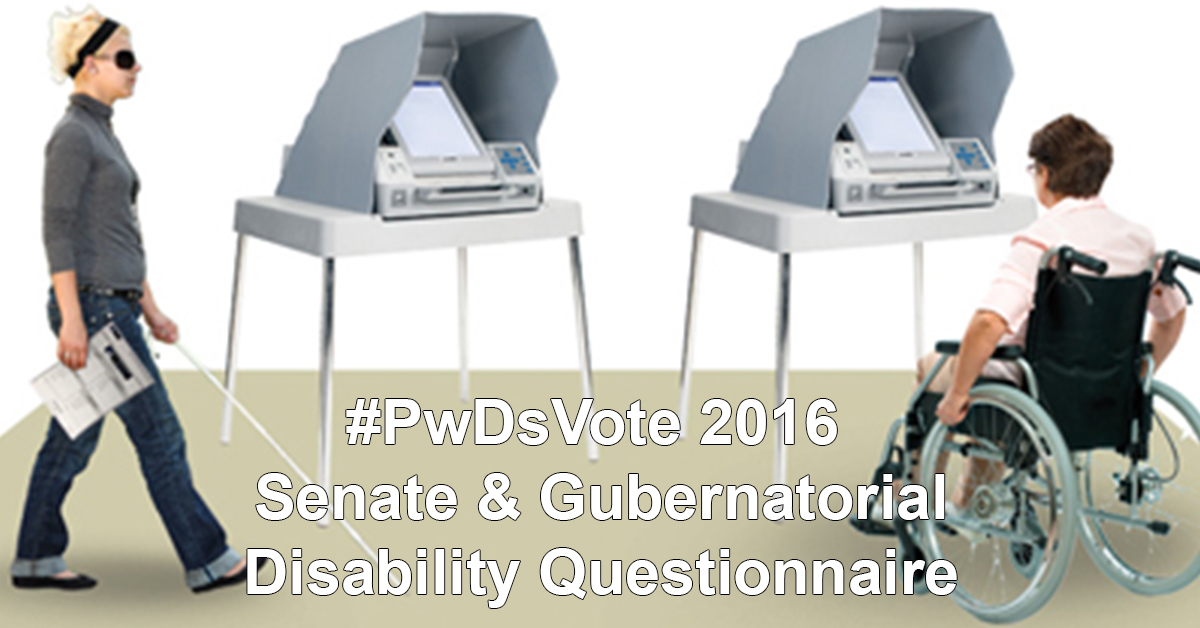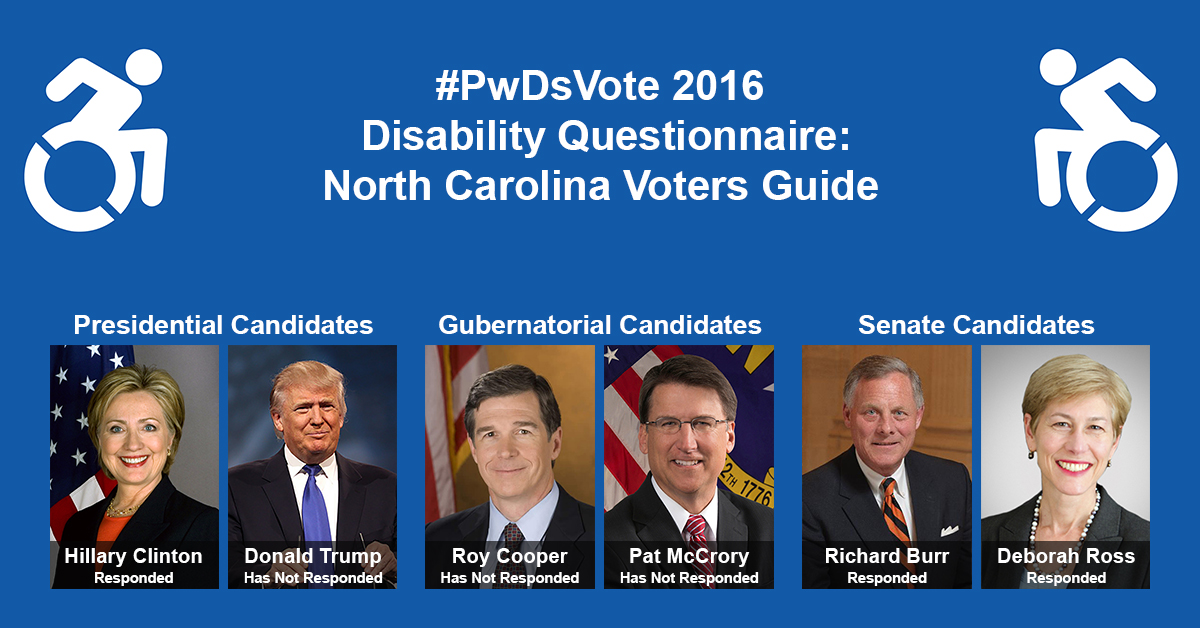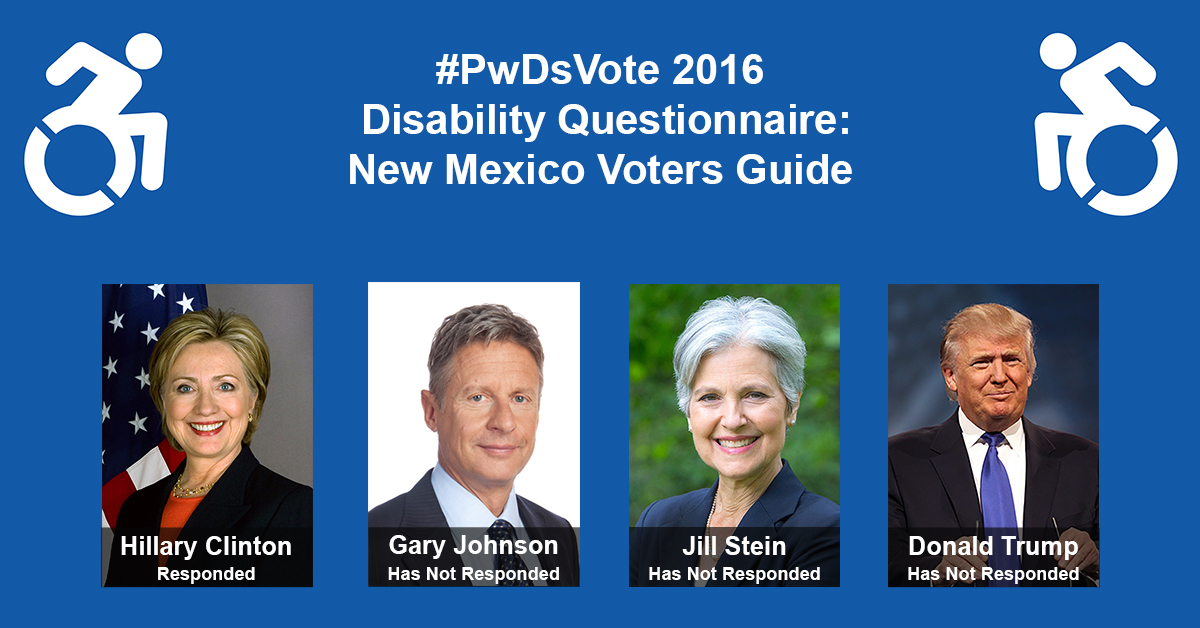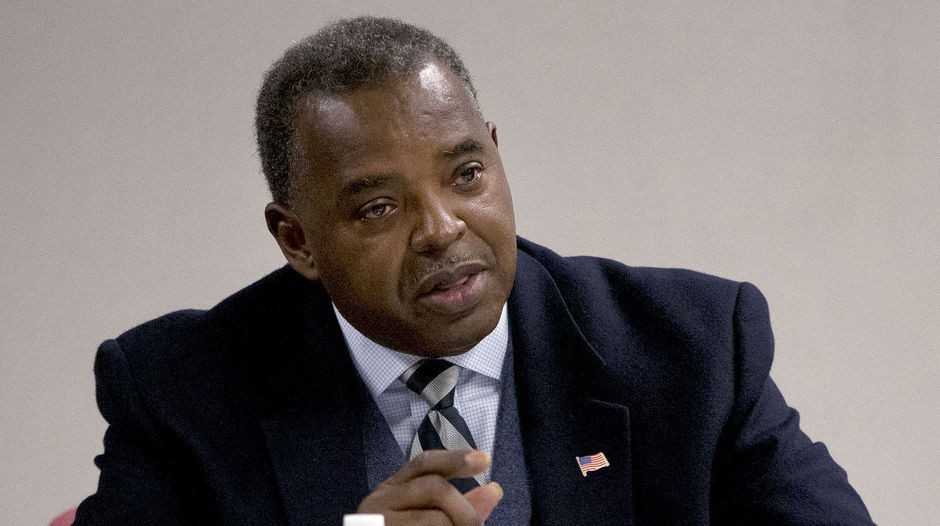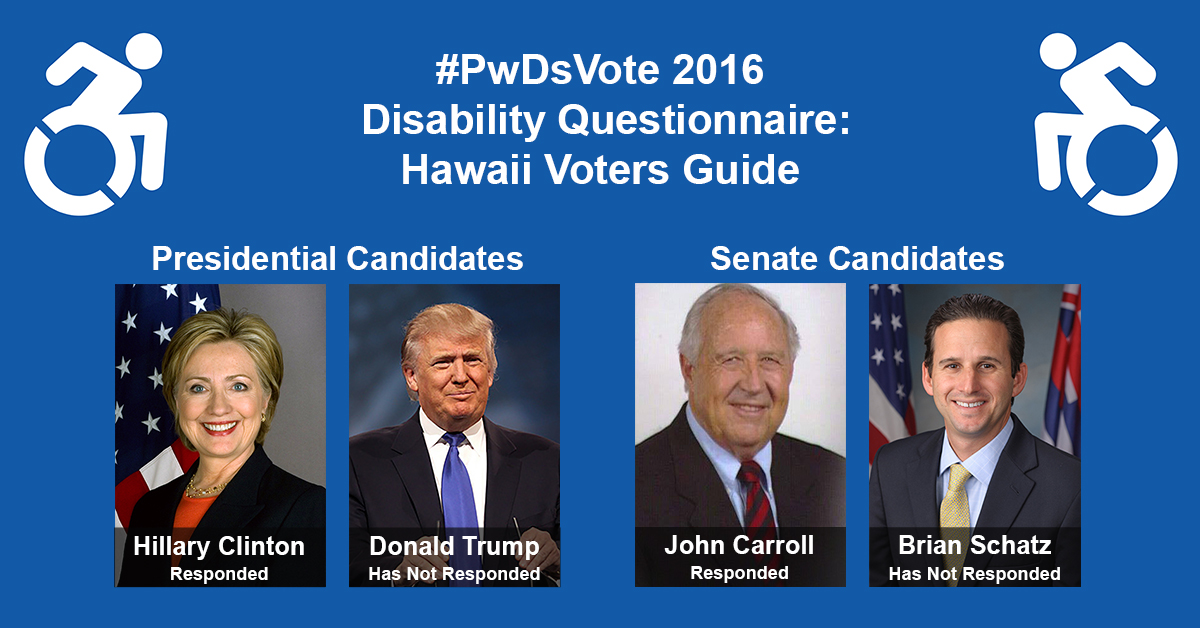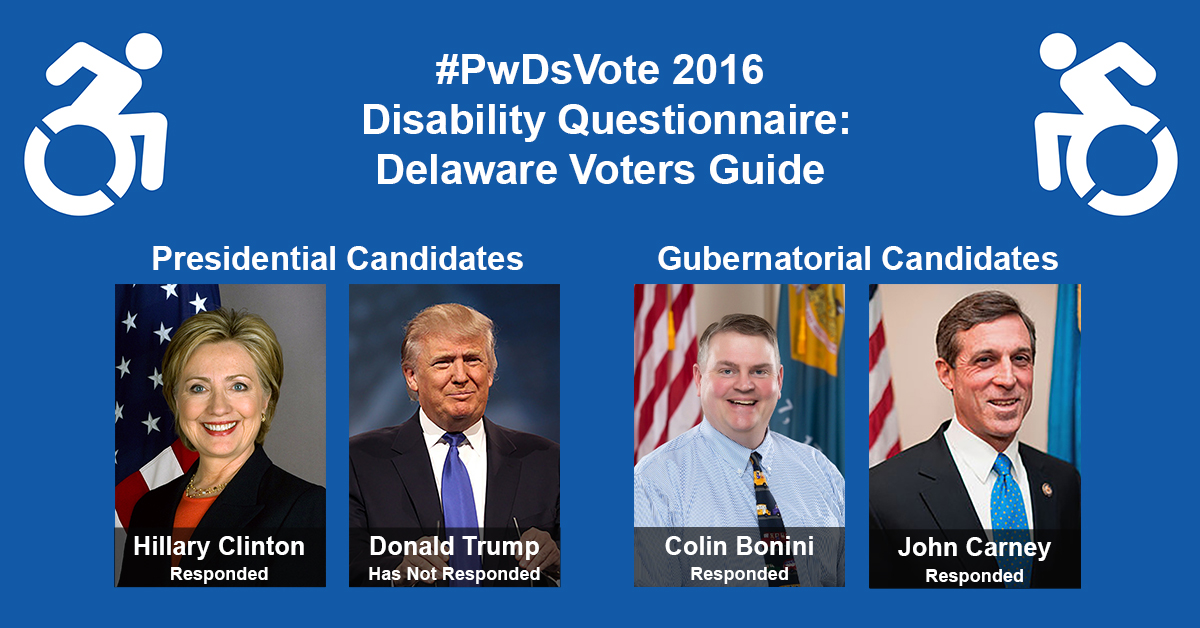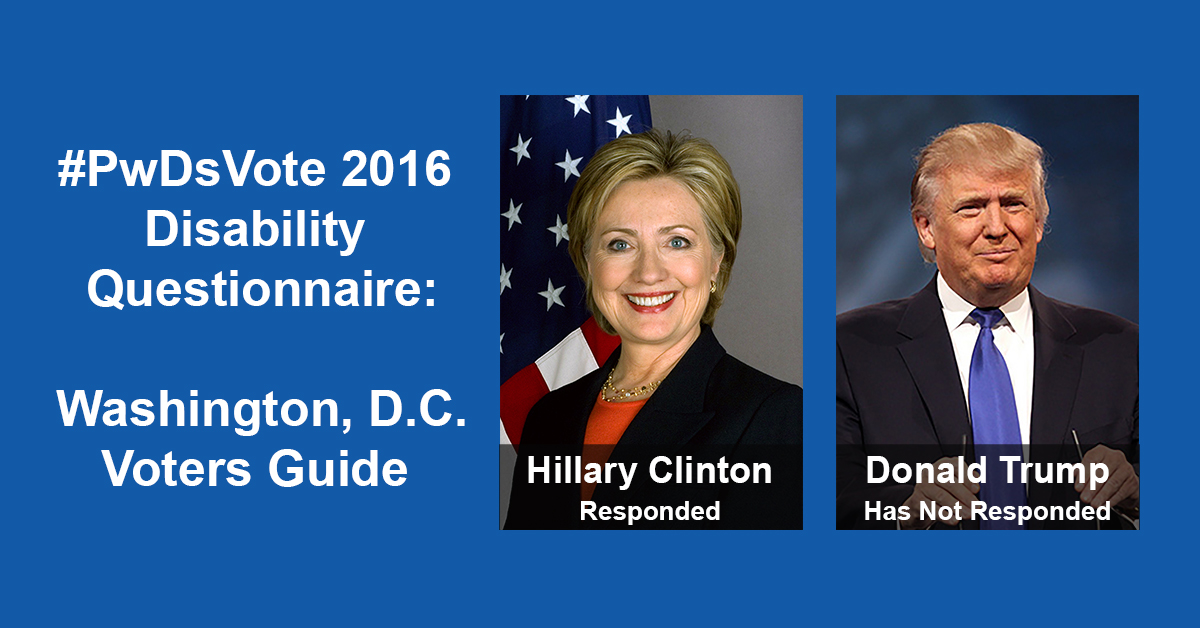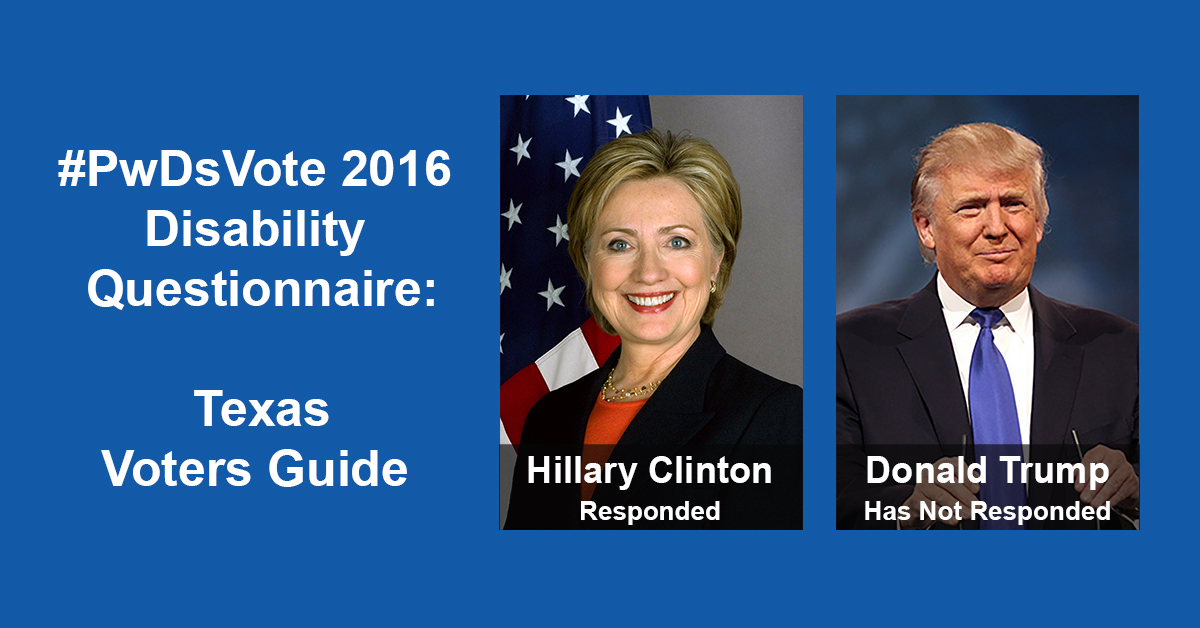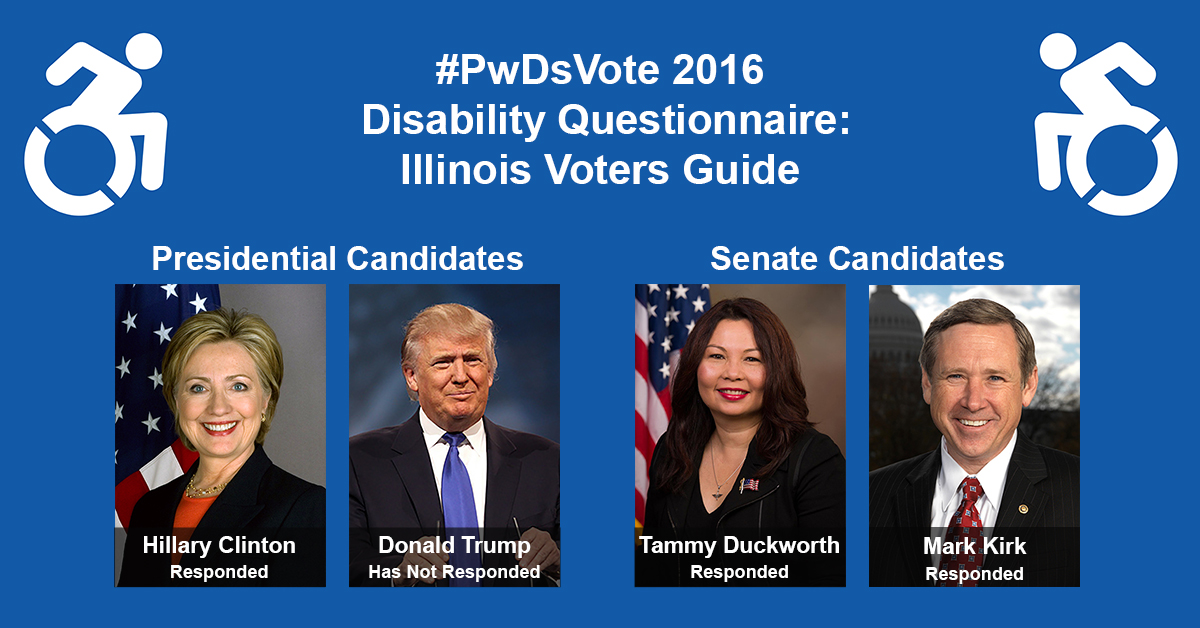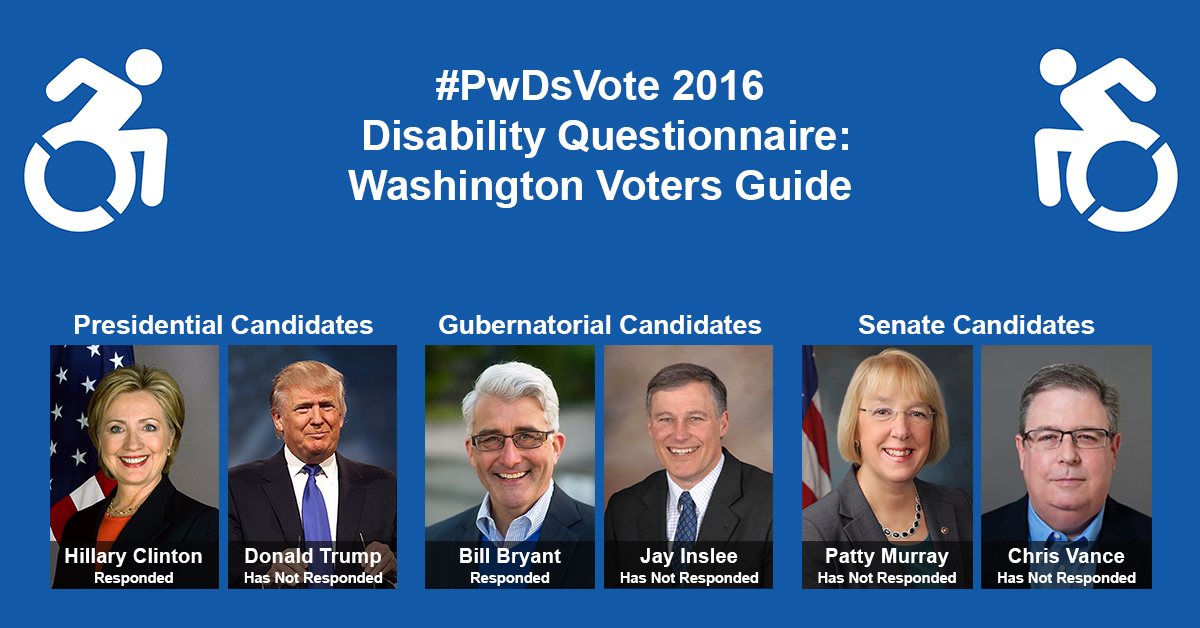Washington, Nov. 2 – While 72 percent of Americans without disabilities are employed, only 32 percent of Americans with disabilities are. However, two-thirds of Americans with disabilities report that they want to work and are unable to find a job. Some of the barriers to work people with disabilities encounter are a lack of sufficient education or training, employer or coworker attitudes, and the need for job accommodations.
People with disabilities are particularly underrepresented in the fields of science, technology, engineering, and math (STEM), which are where the fastest growing careers are located. Barriers to higher education for people with disabilities along with inaccessible laboratories and workshops are two reasons why STEM fields are particularly lacking in employees with disabilities. According to some experts like Kamau Bobb, despite these barriers, people with disabilities have made significant contributions to the STEM fields. The White House recently honored 14 people with disabilities working in STEM fields as Champions for Change, showing the capabilities of people with disabilities if they are given access to all fields of employment.
As part of the #PwDsVote Disability Questionnaire, the nonpartisan, nonprofit disability organization RespectAbility asked candidates running for president, senate or governor about their plans for promoting employment among people with disabilities. Every candidate was given an equal opportunity to respond and if they are not listed, it is because they declined to answer.
The quotes in this article are the candidates’ answers to question 5 in the gubernatorial/senate questionnaire: “Do you have a proven record on enabling, or a plan to enable, people with disabilities to have jobs, careers and to start their own businesses? Do you have specific strategies for youth employment for people with disabilities and/or sector strategies such as jobs and careers in STEM, hospitality, healthcare and elder care?” This was adapted from a similar question, number 3, in the presidential questionnaire.
Though the candidates proposed a variety of solutions to improve employment for people with disabilities, candidates from both the Republican and Democratic parties brought up their support for the Workforce Innovation and Opportunity Act (WIOA) and the Work Opportunity Tax Credit for veterans.
“As a member of the House Committee on Education and the Workforce, I worked closely with fellow committee members to draft and pass H.R. 803, the Workforce Innovation & Opportunity Act, legislation containing specific language to promote the employment of individuals with disabilities,” said Rep. Joe Heck, a Republican running for Senate in Nevada. “Once that bill was signed into law, I sent several letters to the Departments of Education and Labor to ensure it is properly implemented, particularly the provisions dealing with the “competitive integrated employment” rules for disabled workers.”
His opponent, Democrat Atty. Gen. Catherine Cortez Masto, called for more support for small business owners and entrepreneurs with disabilities, as well as increased training opportunities.
“I support greater access to workforce training and apprenticeship programs in community colleges, high schools and vocational schools aimed at training our workforce for 21st century jobs,” she replied. “I would encourage participation from youth with disabilities to train for careers in these fields.”
You can read the candidates’ full responses below:
